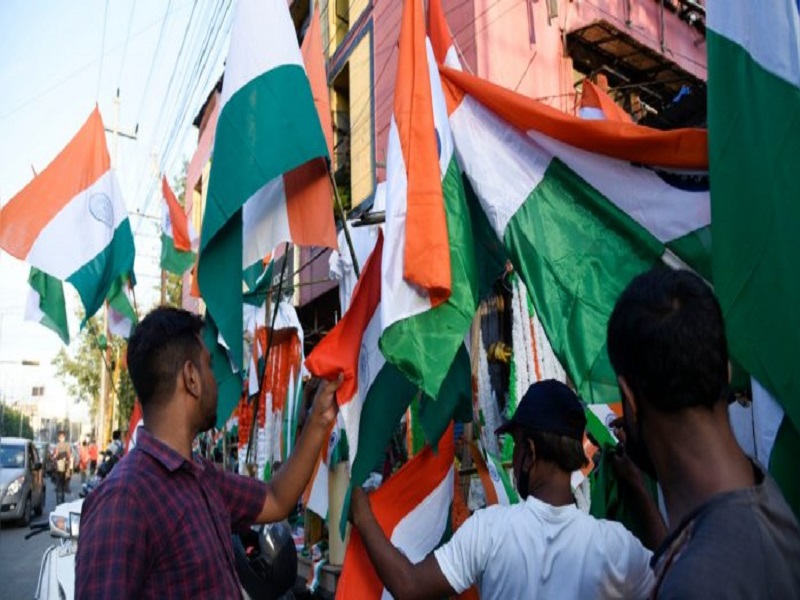Set against the backdrop of a newly independent India, Vikram Seth's epic novel, A Suitable Boy, is a narrative of many things: familial pulls and tensions, conventional and subversive love, joy and heartbreak. Binding the different strands and
running through them are the fault lines of a post-colonial society. Together they delineate the unresolved conflicts around religion, class, caste and patriarchy that defined India in the period leading up to the country's first post-independent
national elections in 1952.
A Suitable Boy is as much a story of India's past as it is of the present. The novel lays bare the dynamic of the country, which, even as it aspired to the trappings of modernity, staunchly defended conservative and feudal norms and practices.
Here patriarchy thrived, and violence by the state, communities, and individuals was accepted--even endorsed--as a way of life.
Nearly three decades since its publication and over seven after the period in which the novel was set, these fundamentals of Indian reality have not changed. As we approach the 75th Independence Day, we may turn our attention to the fractures within Indian society that Seth chronicled in his magnum opus to ask how far, if at all, these fractures have healed? How far have we as a people progressed in recognising each others' humanity? The answers throw up disquieting questions about the state of our democracy, drawing attention to rapid erosion in our basic collective values.
We can now, more than before, sense a precarious vulnerability in Indian democracy that can no longer be hidden, ignored, or dressed up. Now more than ever, personal and political freedoms teeter on the brink of extinction. Shrill calls of
nationalism sent out by the mighty and powerful, rather than reinforce Constitutional commitments, dismiss them with airy regard for its makers.
Their names are dutifully taken, their philosophies ritualistically summoned without any real comprehension of the responsibility the words place on the country's powerful political leaders and institutional custodians.
This is, then, a moment whether the concerns of the period A Suitable Boy is set in (the 1950s) or the time of its publication (the 1990s) have changed? And if so, whether they have changed for the better or for worse?
Less than a fortnight prior to the 15th August celebrations, we learnt that a middle-class neighbourhood in Western Uttar Pradesh's Moradabad district was up in arms against sharing the locality with Muslims. According to media reports, the
the neighbourhood's Hindu residents, protesting the sale of the property to Muslims, threatened mass exodus from the area. There was no reason, the recalcitrant residents told the media, to disrupt the decades-old practice of segregated living.
In that same week, media reported that Tara, a nine-year-old Dalit girl, was allegedly gang-raped, murdered and hastily cremated at Delhi's Cantt crematorium. One of the four men arrested by the police was a priest at the crematorium.
Since then, the disarray in the Republic has travelled to Parliament and its Monsoon session. Day after day, the Opposition demands a discussion on the massive revelations surrounding the Pegasus spyware while the government shuts them down.
The list of people from all spheres of life who were potential targets for snooping or whose phones were tracked continues to lengthen. But the ruling Bharatiya Janata Party (BJP) refuses to even accept the truth of the allegations,
much less entertain a mere discussion in Parliament. Such incidents have become a part of everyday life in India. Violence against and ostracisation of marginal groups and minority communities is embedded in the life of post-independent India.
Source: Deccan Herald
0 COMMENTS


